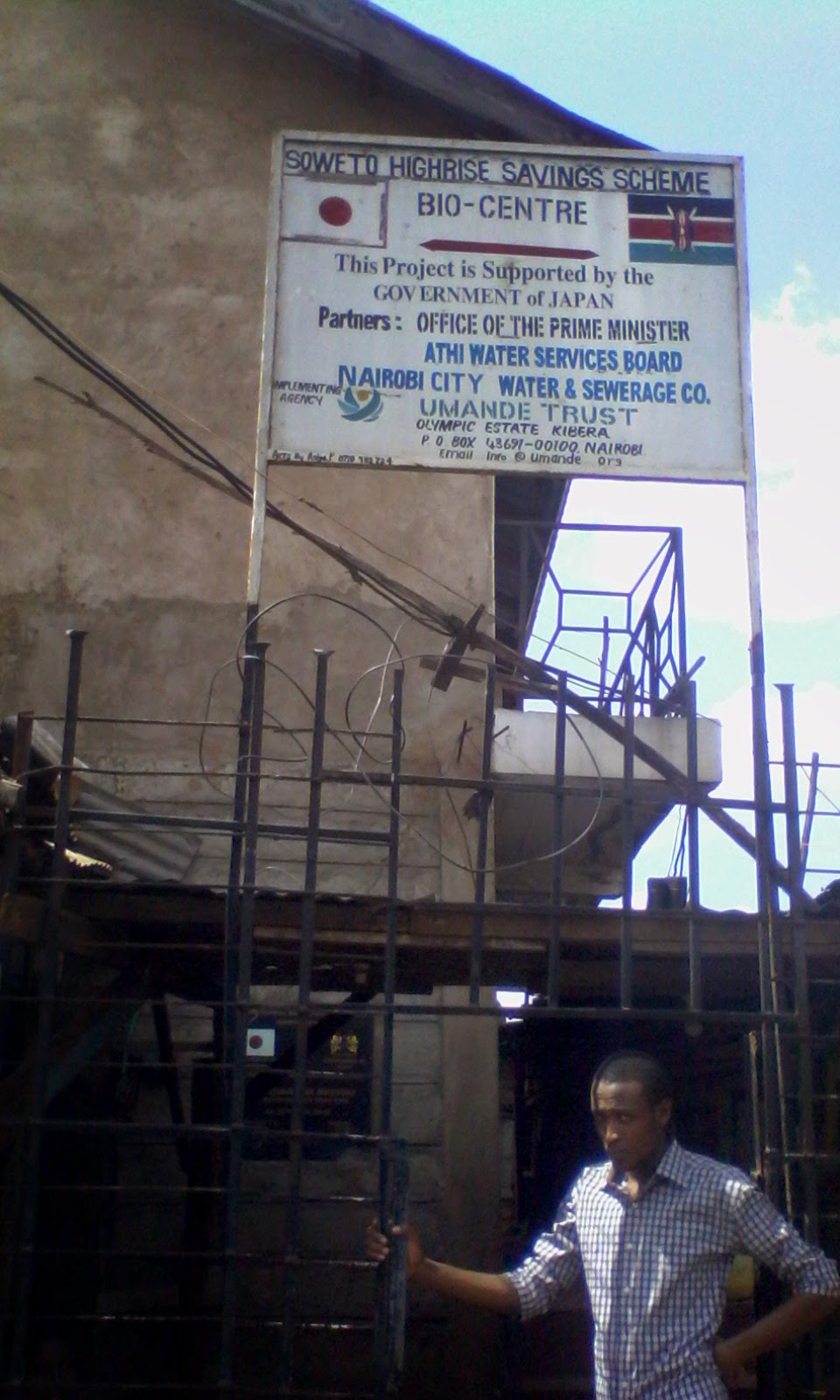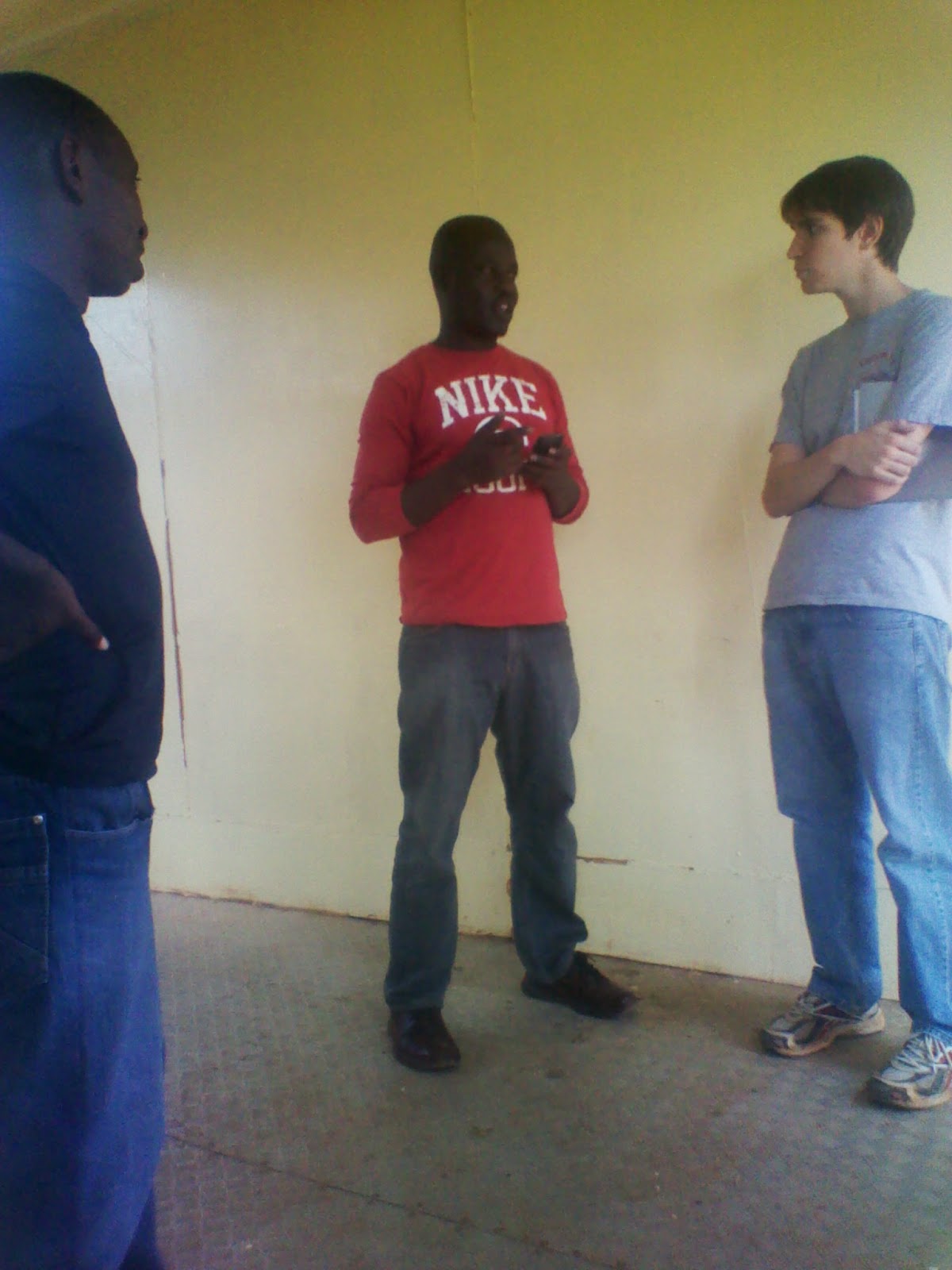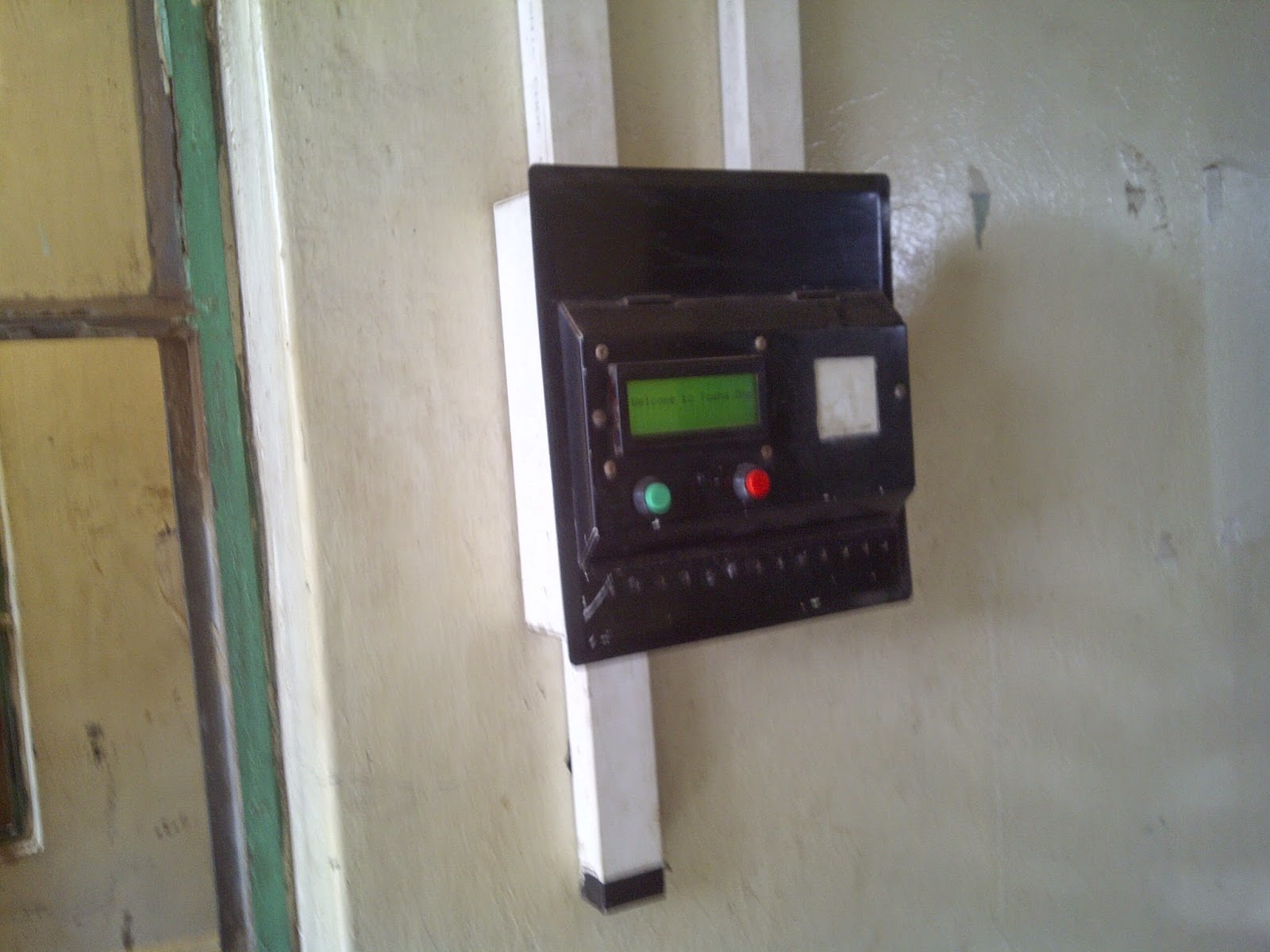HRBA Meeting Narrative At Mukuru Kwa Njenga
Mukuru Kwa Njenga is a slum in the East of Nairobi, the capital of Kenya belonging to Embakasi constituency. Under the guidance of Umande trust, the community members have come together as one to identify their problems and seek solutions to them. Attending one of the scheduled meetings, I was able to learn so much about this community. As the Kenyan flag symbolizes Unity for our country, so does the slogan “muungano!” for the community representatives from Mukuru Kwa Njenga ward. The Slogan is a Swahili word meaning union. Their unification is demonstrated by the vehemence the members had as they stood up to introduce themselves: They began by strongly stating the slogan, then their names, where they come from and what they love and hate with regard to making Mukuru a better place. “I love peace, transparency, security and water and abhor deceit, favoritism and hate,” says one of the community members. She summarizes the major challenges they face from day to day. Based ...





